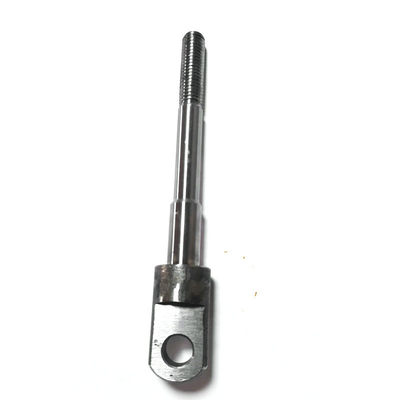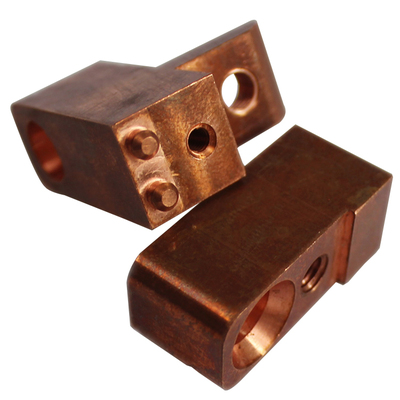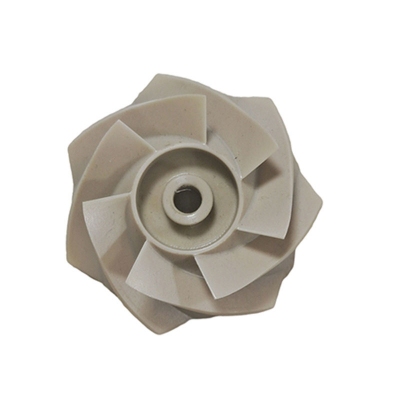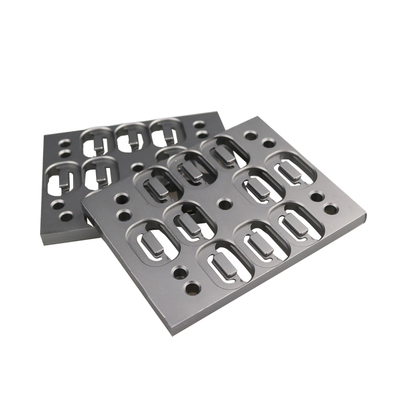Composition Characteristics And Welding Performance Of Duplex Stainless Steel S31803
Duplex stainless steel is generally divided into four types: Cr18 type, Cr21 type, Cr25 type and 25%-26% super duplex stainless steel. S31803 is a standard duplex stainless steel, belonging to the Cr21 type, accounting for more than 80% of the total duplex stainless steel.
S31803 is widely used in production, especially in equipment where the operating medium is caprylic acid, nitrogen, and acetophenone. These mediums are highly toxic and explosive, and the operating temperature of the equipment is generally high, close to 200°C. , So the requirements for welds are very high. Based on the fact that S31803 is widely used in production and the contact medium is used in poor conditions, it is of wide practical significance to choose S31803 as the welding base material to study its weldability.
The Composition Characteristics Of S31803:
The mass fraction of C is between 0.02% and 0.03%, which belongs to ultra-low carbon; the mass fraction of Cr is between 23% and 26%, which belongs to the high content of Cr; its structure characteristics: two-phase (austenite, ferrite Body) each account for about 50%; performance characteristics: due to the combination of ultra-low carbon, dual-phase structure of ferrite and austenite at room temperature, high Cr content and the addition of Mo, N and other elements, it has more High stress corrosion resistance, crevice corrosion resistance, Cl-pitting corrosion resistance, intergranular corrosion resistance, high-speed sediment erosion resistance, etc., with higher mechanical properties, lower thermal expansion performance, better weldability and relatively Advantages such as low cost of use.
During the welding process, the structure of the heat-affected zone of the weld metal box undergoes a series of changes under the action of the thermal cycle of the duplex stainless steel. At high temperatures, the metallographic structure of duplex stainless steel is entirely composed of ferrite, while austenite is precipitated during the cooling process.
Pay Attention To The Following Three Aspects During The Welding Process Of S31803:
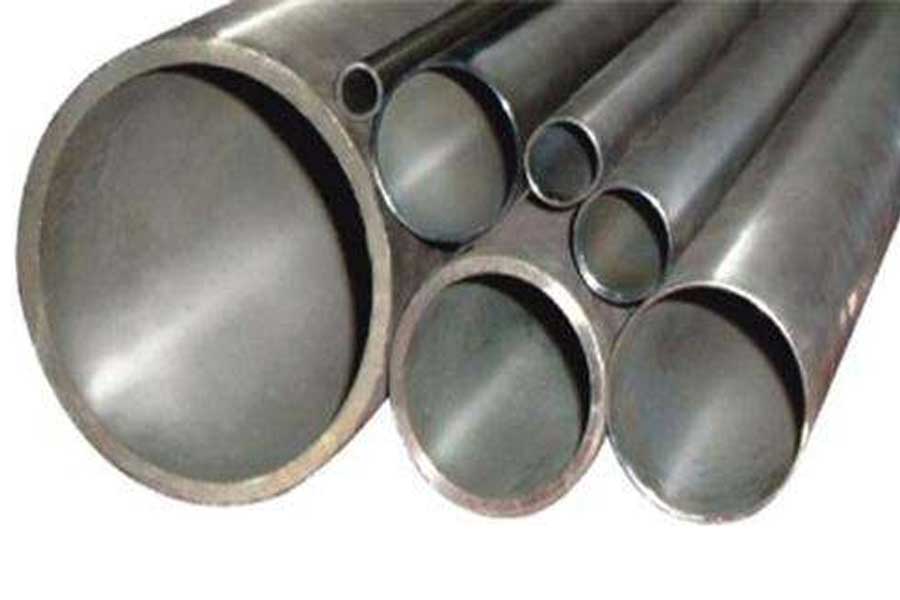
- (1) Welding cracks. The Creq/Nieq of S31803 is relatively high, the content of Cr is 23%, and the content of Ni is 6.5%, that is, the Creq/Nieq of duplex stainless steel S31803 is 3.54. Therefore, the weld of S31803 belongs to the ferrite solidification zone, which has a negative effect on solidification cracks. Certainly sensitive. Therefore, in the welding process, appropriate welding materials, welding methods and welding process parameters must be used to make the weld have a good resistance to solidification cracks. Cold cracks are related to the susceptibility of materials to hydrogen-induced delayed cracks, but if the welding materials are selected correctly, cold cracks can be avoided.
- (2) Embrittlement of the heat-affected zone. During the welding process, the heat-affected zone of the weld is in a fast cooling non-equilibrium state under the action of the welding heat cycle, and more ferrite is always retained after cooling, thereby increasing the corrosion tendency and the susceptibility to hydrogen-induced cracking. Therefore, the main problem of S31803 welding is in the heat-affected zone, and the problem of the heat-affected zone is mainly the loss of corrosion resistance, the loss of toughness and the problems of post welding cracks. In order to avoid these problems, the welding process should consider reducing the time that the material is in the red hot temperature range.
- (3) Stomatal sensitivity. The formation of pores depends on welding parameters and alloy composition. In order to prevent the generation of pores and reduce the sensitivity of pores, the nitrogen content of the weld must be controlled during the welding process to strengthen the protection of the weld and improve the gas permeability of the weld slag.
Link to this article: Composition characteristics and welding performance of duplex stainless steel S31803
Reprint Statement: If there are no special instructions, all articles on this site are original. Please indicate the source for reprinting:https://www.cncmachiningptj.com/,thanks!
 Sheet metal, beryllium, carbon steel, magnesium, 3D printing, precision CNC machining services for heavy equipment, construction, agriculture and hydraulic industries. Suitable for plastics and rare alloys machining. It can turn parts up to 15.7 inches in diameter. Processes include swiss machining,broaching, turning, milling, boring and threading. It also provides metal polishing, painting, surface grinding and shaft straightening services. The production range(include aluminum die casting and zinc die casting) is up to 50,000 pieces. Suitable for screw, coupling, bearing, pump, gearbox housing, drum dryer and rotary feed valve applications.PTJ will strategize with you to provide the most cost-effective services to help you reach your target,Welcome to Contact us ( [email protected] ) directly for your new project.
Sheet metal, beryllium, carbon steel, magnesium, 3D printing, precision CNC machining services for heavy equipment, construction, agriculture and hydraulic industries. Suitable for plastics and rare alloys machining. It can turn parts up to 15.7 inches in diameter. Processes include swiss machining,broaching, turning, milling, boring and threading. It also provides metal polishing, painting, surface grinding and shaft straightening services. The production range(include aluminum die casting and zinc die casting) is up to 50,000 pieces. Suitable for screw, coupling, bearing, pump, gearbox housing, drum dryer and rotary feed valve applications.PTJ will strategize with you to provide the most cost-effective services to help you reach your target,Welcome to Contact us ( [email protected] ) directly for your new project.
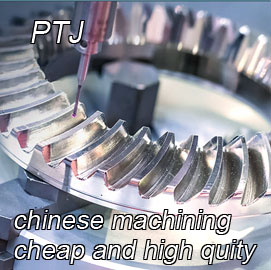
- 5 Axis Machining
- Cnc Milling
- Cnc Turning
- Machining Industries
- Machining Process
- Surface Treatment
- Metal Machining
- Plastic Machining
- Powder Metallurgy Mold
- Die Casting
- Parts Gallery
- Auto Metal Parts
- Machinery Parts
- LED Heatsink
- Building Parts
- Mobile Parts
- Medical Parts
- Electronic Parts
- Tailored Machining
- Bicycle Parts
- Aluminum Machining
- Titanium Machining
- Stainless Steel Machining
- Copper Machining
- Brass Machining
- Super Alloy Machining
- Peek Machining
- UHMW Machining
- Unilate Machining
- PA6 Machining
- PPS Machining
- Teflon Machining
- Inconel Machining
- Tool Steel Machining
- More Material

